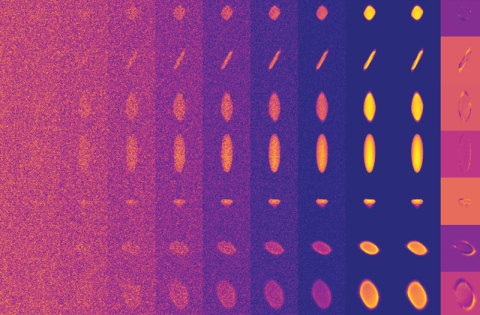
Since particle accelerators’ performance can decline over time, scientists are using machine learning to maximize accelerators’ precision.
With Argonne’s Polaris supercomputer, a University of Michigan-led team bets on large language models to improve batteries.
A PNNL physicist turned from basic to applied research: biopreparedness.
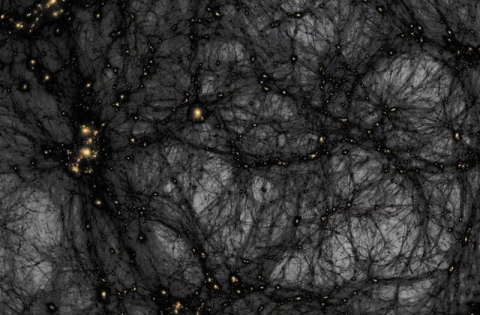
For Halloween, we're highlighting seasonally appropriate research, from dark matter to quantum entanglement.
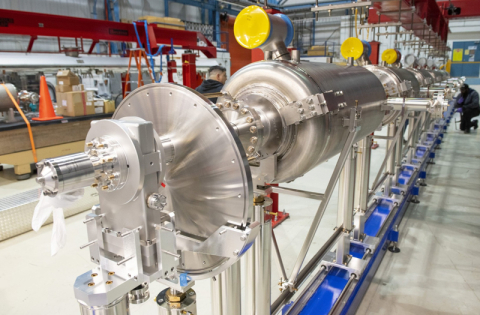
Fermilab-produced accelerator components prepare to power new high-energy particle beam.
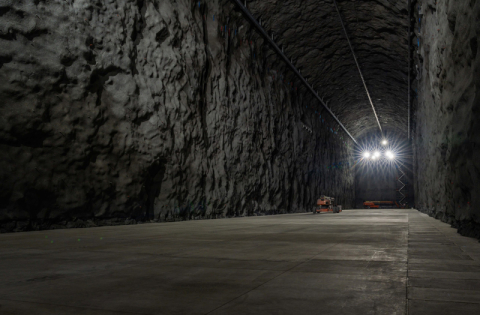
With its excavation complete, the Deep Underground Neutrino Experiment is closer to completion and revealing new insights into neutrinos.
NSD’s Nuclear Data Group has secured funding from the United States Nuclear Data Program to train the next generation of nuclear data evaluators.
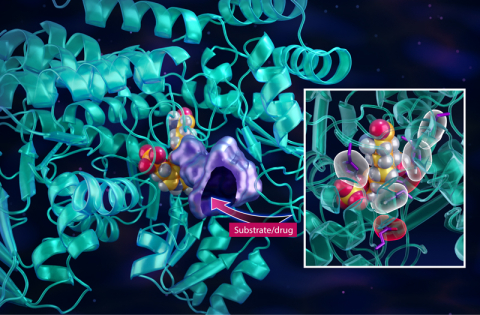
Researchers are analyzing every atom, chemical bond, and electrical charge inside a key enzyme that belongs to a metabolic pathway that cancer cells overuse to reproduce.
A Pennsylvania researcher builds and tests a novel device for measuring the precursor gases in seed-particle formation.
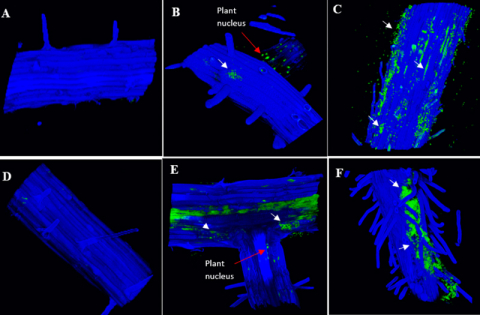
Scientists supported by the DOE’s Office of Science investigated how bacteria interact with plants’ hormones.

